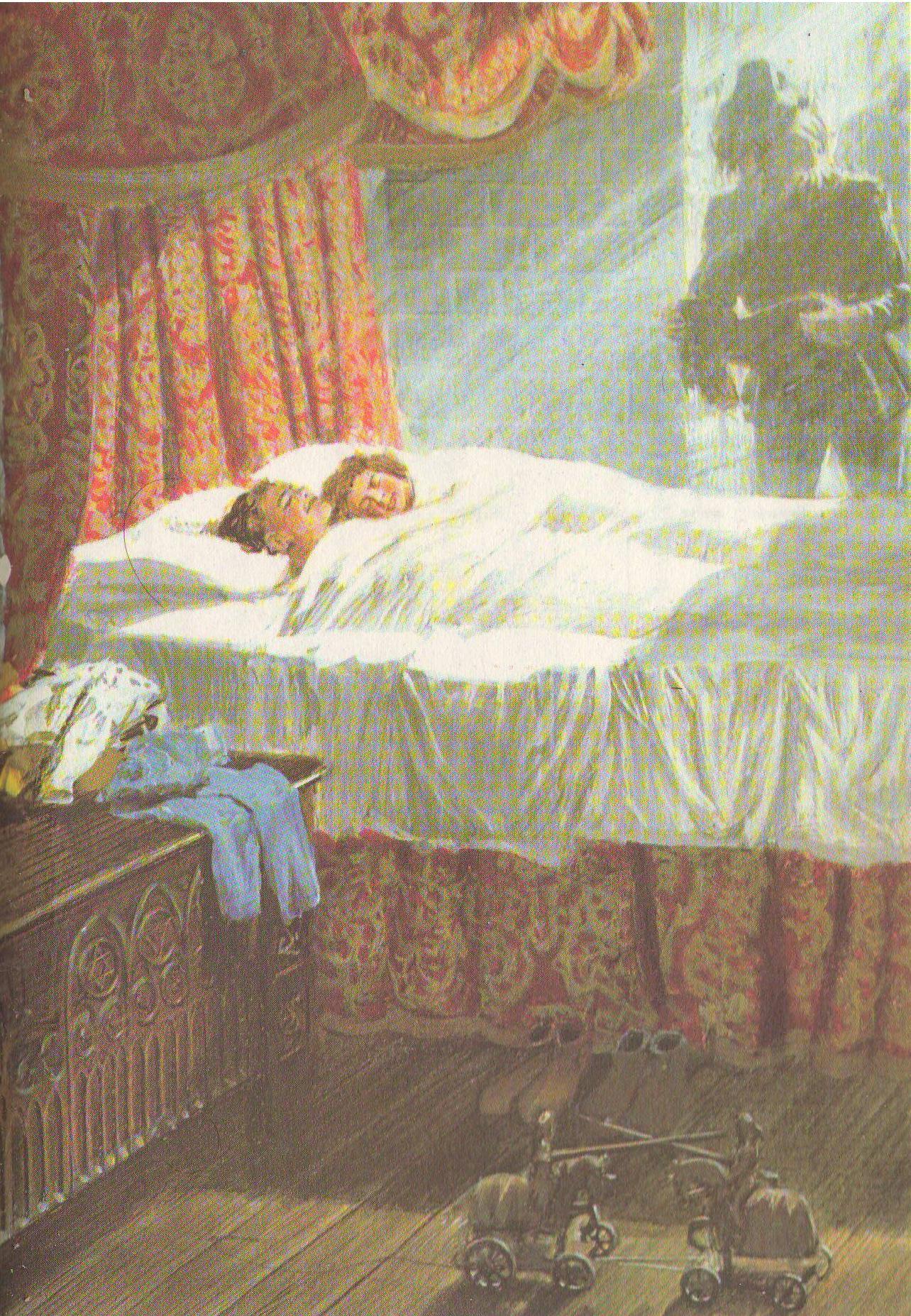

Undoubtedly Richard III would be the prime suspect. If the Princes died, who do you think is most likely responsible for their deaths?

The real surprise was just how much of what we think we know comes from unreliable, later, Tudor sources that are at odds with what was written at the time. Did this version escape the Tudor myth building that followed? It would make sense of Elizabeth Woodville’s sudden fall, her son Thomas’s swift imprisonment and the destruction of the record of the Irish Parliament of 1487 that Henry VII ordered. He also asserted that several messengers were sent to Ireland to identify the boy and all returned confirming that he was who he claimed to be. André insisted that the boy in Ireland claimed to be a son of Edward IV named Edward. The blind poet Bernard André, who acted as tutor to Prince Arthur Tudor, clearly wrote a very different version of what is remembered as the Lambert Simnel Affair. Before and after them, writers recorded various stories, including that both boys had been safely removed from the Tower. The utter lack of conviction held by anyone as to what happened gives the lie to More and Vergil’s apparent certainty. The real shock is the stories presented by the contemporary writers that are largely ignored. What surprised you most researching this book? The traditional accounts all have serious problems for me, which are detailed in the early chapters of the book, and I think the possibility of their survival is too quickly dismissed. Occasional lip service is paid to the notion that one or both of them might have survived and there are books on Perkin Warbeck which necessarily examine the idea of Richard’s survival, but I don’t think this side of the story has had a proper telling before. The traditional argument always centres around who was responsible for their deaths in the summer of 1483. I really wanted to examine the idea that the boys were not murdered at all in 1483.

What does your book add to existing works about the Princes in the Tower? Strip away the Shakespearean malevolence and the sensationalism of earlier Tudor writers and how much of what has been passed to us will be left? Often, the original, contemporary sources can tell a very different story to the tales that swell with elaboration and exaggeration as the years, decades and centuries pass. It defies resolution 500 years after the event, yet I wondered how well we really knew the story. As someone fascinated by the period of the Wars of the Roses, and by Richard III in particular, the Princes in the Tower are woven deep into the fabric of that era and our understanding of it. The fate of the two sons of King Edward IV who are remembered as the Princes in the Tower is the ultimate mystery. Why did you choose this subject for your book?


 0 kommentar(er)
0 kommentar(er)
